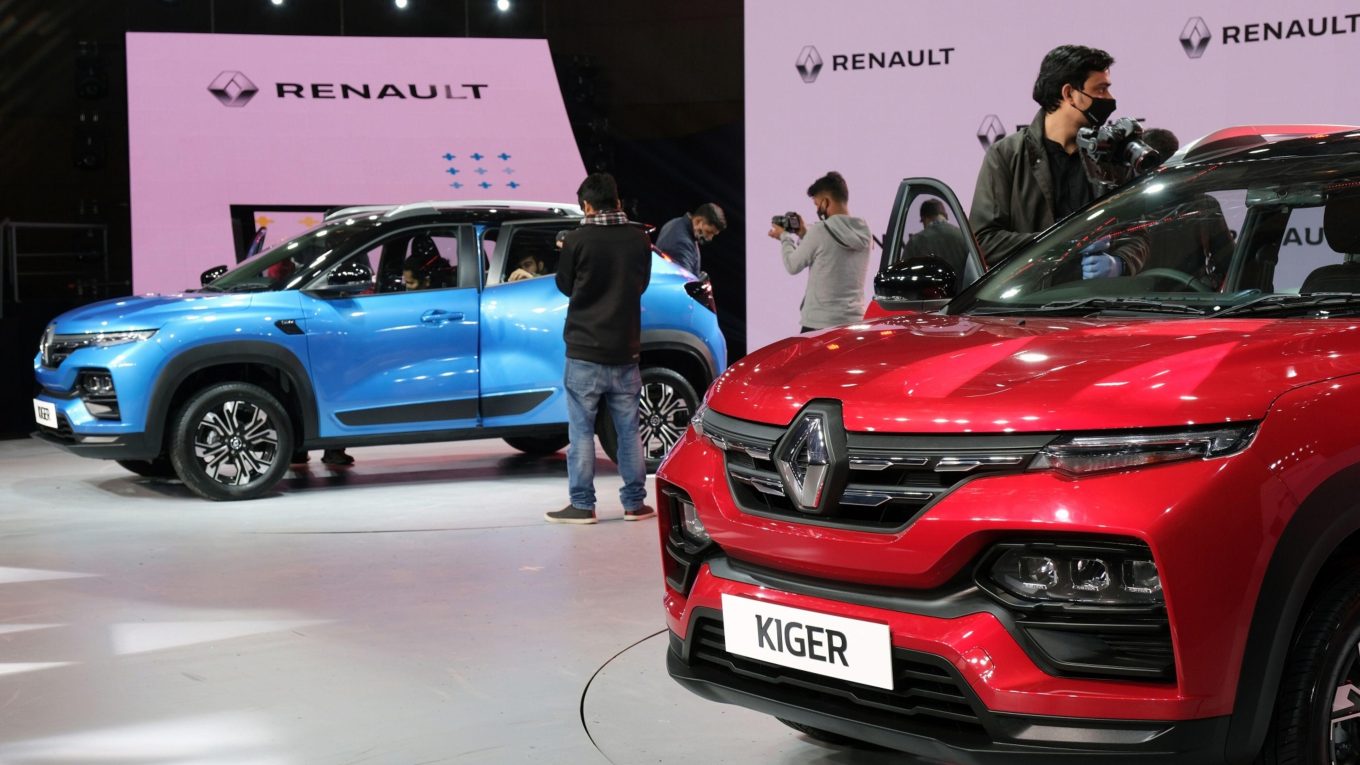Electric Vehicles in India: Foreign automakers get a second chance as India transitions to EVs
India’s shift to electric cars is giving automakers whose traditional petrol-powered cars have failed to make a mark, a second chance.
High taxes, price-conscious consumers, and difficult logistics have made it difficult for many foreign automakers to thrive in one of Asia’s largest economies. They have found it difficult to loosen the grip of local players such as Maruti Suzuki India Ltd. , a household name since the 1980s thanks to the popular Maruti 800 which became the first affordable car for the masses.
But with the advent of electric vehicles, companies such as MG Motor India Pvt, the local unit of China’s SAIC Motor Corp, Renault SA, Nissan Motor Co, and Volkswagen AG may finally gain a better foothold.
While MG Motor controls only a fraction of the domestic passenger car market, last month it announced ambitious plans to capture a share of the country’s emerging EV space, and expects to derive up to three-quarters of its sales in India from electric vehicles by 2028 by launching Four to five new models, most of them all-electric.
MG Motor is also building a second factory to manufacture electric vehicles, with an investment of 50 billion rupees ($607 million), which will increase its joint production in India to up to 300,000 vehicles annually, and is building a battery assembly unit in the western state of Gujarat. Further, it plans to dilute its 100% stake in its domestic unit with the aim of majority ownership by an Indian company within two to four years.
Other international automakers who already have a large portion of the Indian auto market are taking advantage of the EV shift to expand their presence.
In May, Hyundai Motor India Ltd. said it would inject 200 billion rupees into an electric vehicle ecosystem in the southern state of Tamil Nadu. This will include building a battery pack with an annual capacity of 178,000 units, installing 100 charging stations on major highways and introducing new electric models by 2032.
The interest of global companies may spur the slow conversion of electric vehicles in India.
Electric vehicle sales were just 49,800 units last year, which was just 1.3% of the 3.8 million passenger vehicles sold, according to BloombergNEF. The higher cost of electric vehicles versus internal combustion engine cars and fewer public charging points has slowed their adoption. (BNEF, in its latest Long-Term Electric Vehicle Outlook, puts India in the ‘late’ category when considering the possibility of achieving a complete phase-out of ICE vehicle sales by 2038, noting that it is currently not on track to achieve net-zero emissions in the automotive sector. passengers by 2050.)
However, as trade tensions between the US and China escalate, global automakers are revisiting India for its huge growth potential and as an alternative manufacturing base. Prime Minister Narendra Modi is taking advantage of geopolitical shifts to lure businesses with cash incentives, encouraging them to make everything from smartphones to semiconductors in the country.
A good example of this is Europe’s largest automaker Volkswagen. It reportedly plans to electrify 30% of India’s passenger car lineup by the end of this decade and likely launch its first electric car, the ID.4, there next year.
It also appears that Tesla Inc. , after a long standoff, is starting to backtrack, as top executives visited India last month to discuss possible local sourcing of ingredients. They also talked with federal government officials about incentives in an effort to diversify Tesla’s supply chain outside of China, people familiar with the matter said.
Renault and Nissan also plan to invest about $600 million in India to expand their car lineup, including two electric models, as well as decarbonize a plant in Chennai.
It won’t be an easy road but given that many domestic automakers (except perhaps Tata Motors Ltd.) are yet to embrace EVs in a meaningful way, foreigners have a fighting chance.
